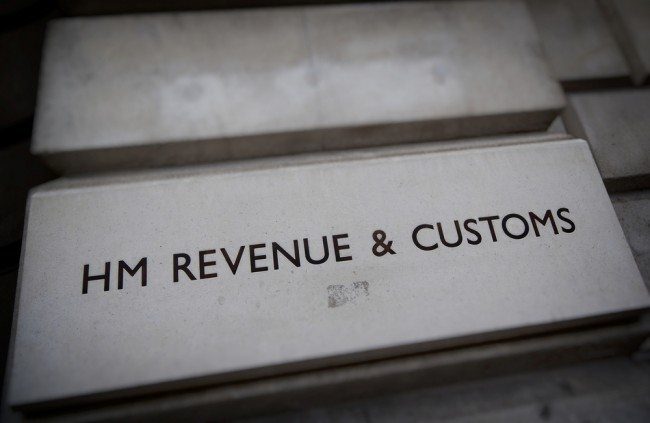Measures contained in the fine print of the chancellor’s autumn statement will impose a “penal” 45 per cent tax rate on interest payouts made to companies that win legitimate tax refunds, reports The Times.
“Seeing these kind of stealth penalties will leave many aghast,” Adam Marshall, director of policy at the British Chambers of Commerce, said. “It’s simply unfair to these businesses that should get proper restitution and it will also damage the reputation of HMRC.
“The revenue often gets it wrong. When businesses fight to get it right, why shouldn’t they get fair restitution? It’s not something that will be welcomed by anyone.”
Accountants say that the move represents a pre-emptive strike by the Treasury, which faces having to pay billions in compensation to companies after losing a case with Littlewoods, the home shopping group.
The Court of Appeal ruled in favour of Littlewoods in a £1.2 billion tax dispute over compound interest on VAT refunds dating back 30 years. The taxman has submitted an appeal with the Supreme Court, but the final ruling could affect thousands of other companies considering similar claims.
Now the Treasury has hit back with the extra tax on payouts. At 45 per cent, the levy is more than double the 20 per cent corporation rate at which interest would normally be taxed.
Matthew Fell, interim chief policy director at the CBI, said: “Companies want to pay the fair and right amount of tax due — no more, no less.
“Businesses are disappointed that the government has changed the goalposts and will be expected to pay more tax on interest receipts.”
The small print of the autumn statement shows that the government will raise £270 million from the tax this year and a further £670 million by 2020-21.
Mr Fell said the tax had been “rushed through without consultation . . . We’d hope it is repealed when its objectives have been met. Bringing the policy in without proper consultation or effective back-out clauses runs contrary to the government’s own tax policy-making principles.”
George Bull, a tax lawyer with RSM, said: “Why should HMRC tax the interest at all? After all, restitution interest was intended to remove from HMRC all of the benefits it had received through the overpayment of tax.”
The Treasury argues that the rate is fair because many claims apply to periods when corporation tax was far higher than is now.
A spokesman for HMRC said: “The government has been clear that the appropriate amount of tax should be paid on historic awards, which relate to years when tax rates were significantly higher, in order to protect taxpayers from unfair outcomes and give businesses certainty. The measure only applies in very narrow circumstances.”


